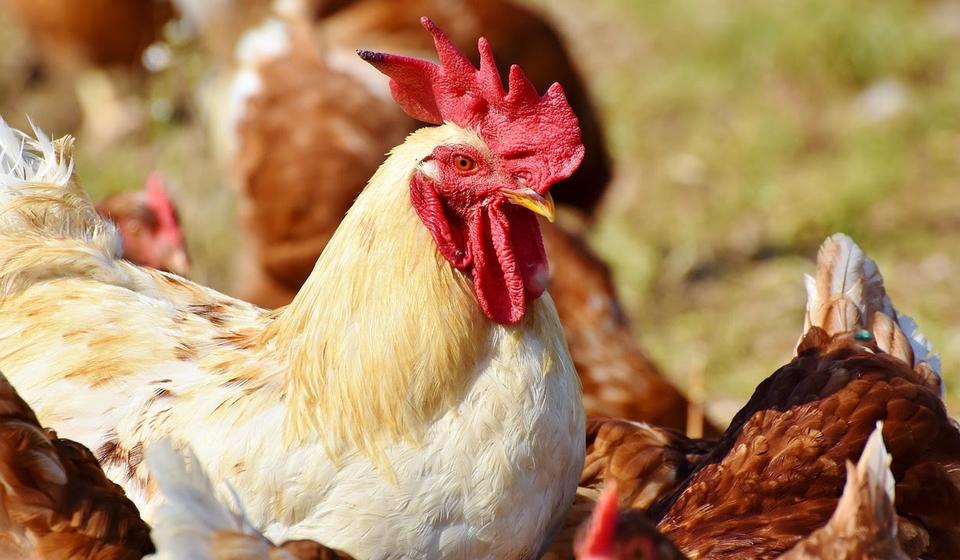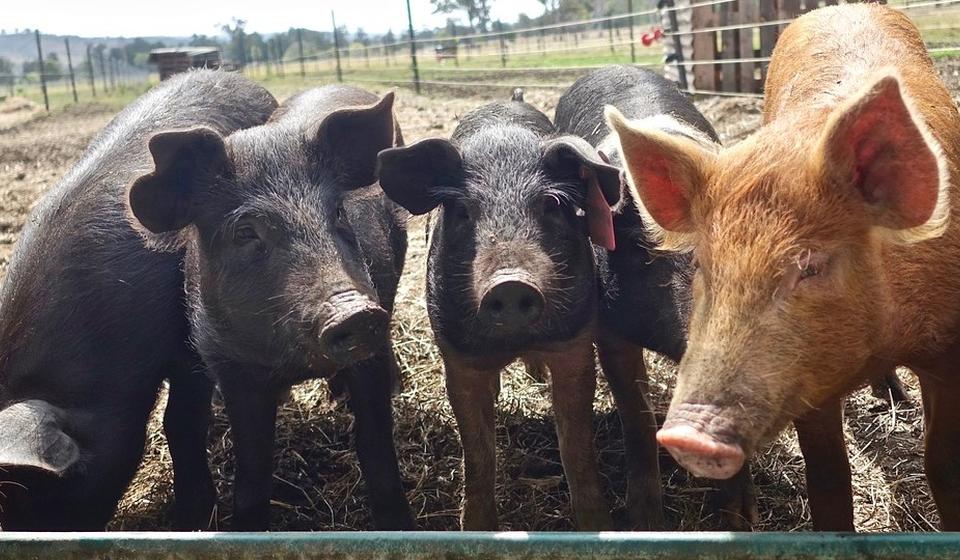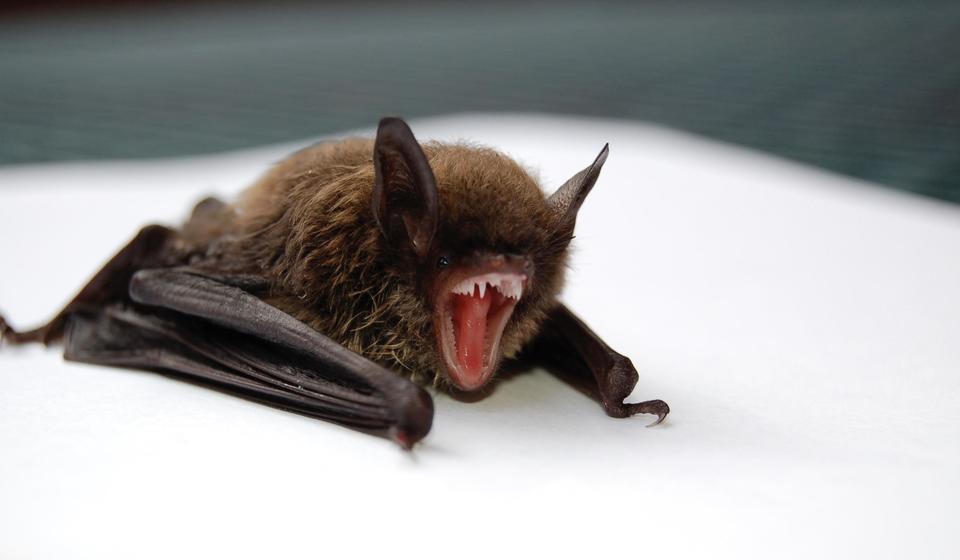Category:
Weekly Update
Iowa submitted a proposed hemp production program to the United States Department of Agriculture (USDA) for approval on December 11, 2019, paving the way for legal hemp production in the state.
A bat found in a Benton County parking lot tested positive for rabies, according to the Minnesota Board of Animal Health. A man and his son found the bat between two parked cars in an apartment parking lot on Dec. 23 and brought it to a local wildlife rehabilitation center.
Since its discovery in the state in 2015, Minnesota has struggled to control the devastating disease White-nose syndrome in bats. Biologists believe that the disease has killed more than 90% of bats in important hibernation spots in Minnesota.
A hepatitis A virus outbreak has affected 14 people across five Midwestern states, including Minnesota, Michigan, Indiana, Nebraska, and Wisconsin.
On September 20, 2019, the Japanese government said it will shift its policy and allow the vaccination of domestic pigs to try to curve the spread of Classical Swine Fever (CSF) in the country. The virus re-emerged in September 2018 after 26 years of the country being considered free of the disease.
How do Minnesota oysters sound? Well, new research led by the Duluth-based Minnesota Sea Grant is studying whether sustainable aquaculture is feasible in the Great Lakes region. The team aim to answer the questions, “Can we do aquaculture well? Should we do it at all? And if yes to those two questions, how do we do it right?” said spokesperson Marie Thoms.
Someone recently asked me where my interest in veterinary public health began and wondered what veterinarians do within public health, a question that I, like many in this field, have received from veterinarians and non-veterinarians alike.
A bat found in downtown Minneapolis tested positive for rabies last week. According to the Minnesota Department of Health (MDH), a group of people found the bat at Marquette Avenue and 6th Street on Tuesday, September 10, around 1 p.m., and brought it to the University of Minnesota Veterinary Diagnostic Laboratory while it was still alive. Rabies was confirmed two days later.
A new Minnesota Pollution Control Agency (MPCA) report says Minnesota must cut the sediment levels in the Minnesota River by half, a 25-year undertaking with an an estimated $360 million cost to stakeholders. The high sediment levels are suffocating fish, killing vegetation, and are the bulk of the sediment pollution flowing into the Mississippi.








